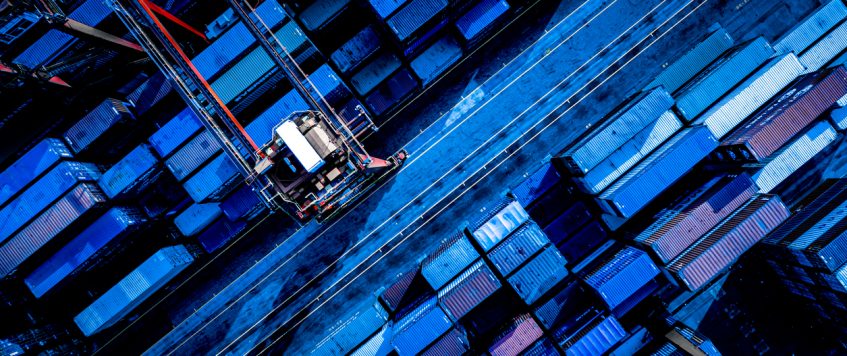-
15
Oct
How Businesses are Coping with the Current Container Shortage
Restrictions imposed to cope with the pandemic caused an imbalance in the shipping industry. More containers were stuck in North America, while major importers in Asia faced a deficit. Surging consumer demand and the increase in online shopping did not help the situation. A reduced workforce also contributes to congestion in the supply chain.
This artificial shortage changed how shippers and freight forwarders carry out their business. Here are some of the ways companies are coping.
Traders learned to use technology to predict shipping patterns. It allows them to plan future freight with contingencies in place. Supply chain visibility platforms help traders to pick suitable routes and carriers. By choosing the right, shippers can maximize space and negotiate for better rates.
Shippers started to book cargo space as early as possible to beat the competition. They also prefer booking specific containers as opposed to booking cargo space. Being more specific about booking helps to speed consignment delivery by settling the handling fee.
Shippers opt to fast-track their shipping and release orders to ensure everything happens fast enough. It also gives them a clear picture of when their goods are released and when to pick them up.
Amid the cargo space shortage, shippers are accepting multi-location pick-ups. Being flexible also helps. In the absence of a large container, traders can split cargo between two small containers. Additionally, in the complete absence of containers, one can check container yards for containers they can use after minimum repair.
Finally, consignees and freight forwarders can explore other modes of transport such as rail if it saves time and money. A mix of the available modes is also on the table for companies that find it convenient.
Are you looking to partnering with a forward-thinking trucking and logistics company? Contact us at R&A Trucking Co. to enjoy a quality partnership and innovative solutions to your needs.
